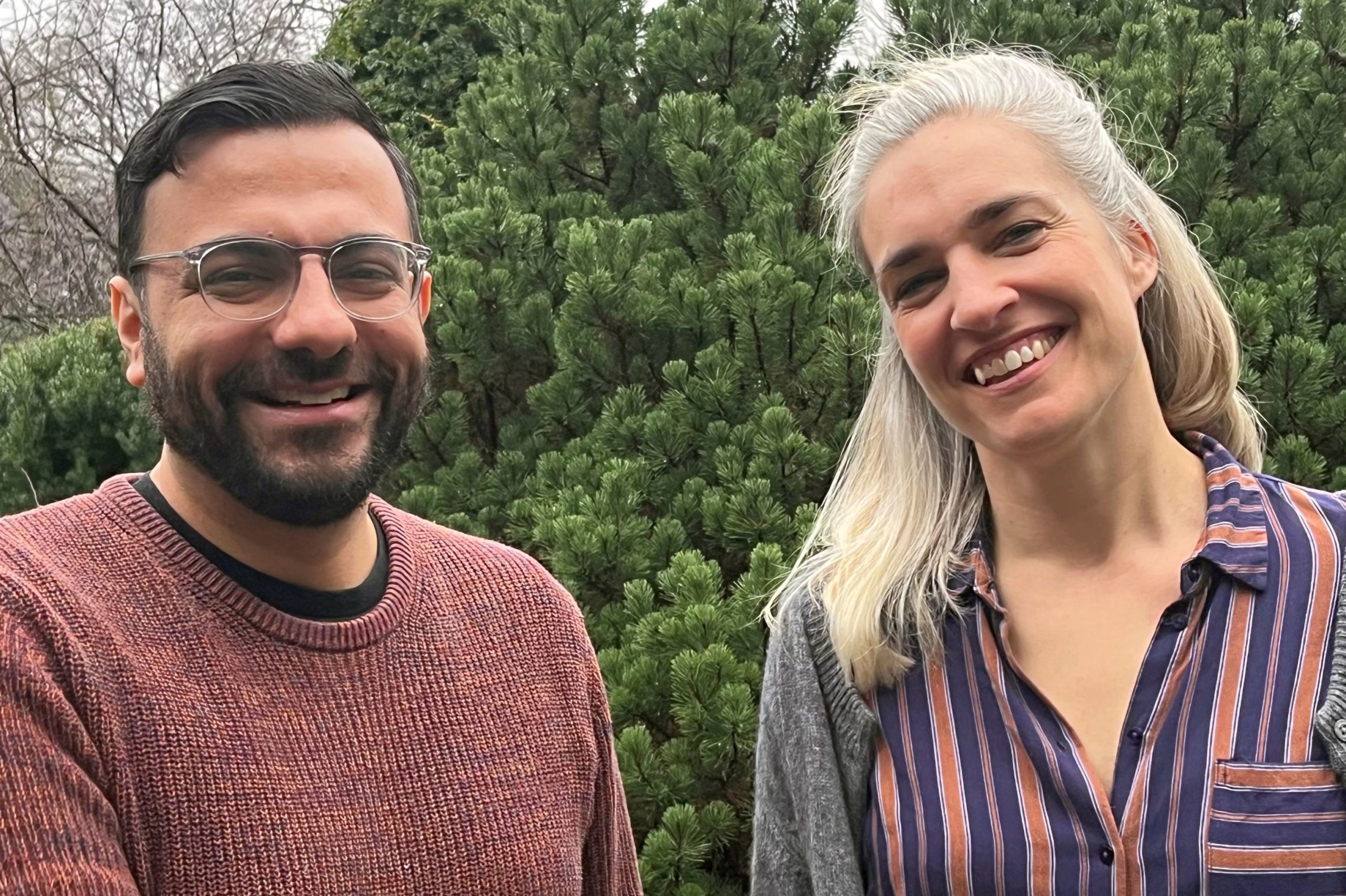Chapter 1
Preface
By Noor Naqschbandi and Linda Schraml
Dear Partnership members, dear readers,
2022 was a year marked by multiple crises, by turbulence in the political, economic and social arenas, and by challenges and change. Such difficulties are only exacerbated when you factor in increasing statutory requirements linked to sustainability and the implementation of due diligence obligations on human rights, society and the environment. All of this has a direct impact on most of you in your work.
Since its foundation, the aim and role of the Textiles Partnership has been to support and assist its members on their path to greater sustainability. Systematic alignment with the risk-based due diligence approach turns the focus on people and the environment. With the Textiles Partnership, our aim is to continue to advance the shift towards an industry that is socially and environmentally sustainable. To achieve this, it has been necessary to reassess processes and structures within the Textiles Partnership and realign these where necessary.
The new strategy has proved successful and we can be proud of that. It has raised the profile of the Textiles Partnership and has specifically strengthened our joint efforts in those areas we consider having particular importance and impact, namely in the implementation of due diligence, in relation to greater supply chain transparency and in our commitment to the four focus topics: living wages and purchasing practices, circular economy and climate protection, gender equality, and grievance mechanisms and remedy.
What is required now is to bring this new strategy to life. And as so often, this can only be done together and in partnership with others. So, we are urging you to play an active part in the Partnership’s work and to participate in projects, in strategy committees, in our working and members’ meetings. Take the opportunity to contact the Partnership Secretariat with your ideas and needs. Because of one thing we are sure: in the Textiles Partnership you will find motivated and like-minded people who are keen to develop solutions and best practices.
This annual report shows that 2022 was another year of considerable achievements. Here are just a few examples: the Textiles Partnership welcomed 12 new members; the project on recyclable product clones entered its second phase – this time shirts and jackets were tested for recyclability; 33 members of the Textiles Partnership sent a signal to end violence and harassment in the workplace and called on the German Government to ratify ILO Convention No. 190; through numerous projects and cooperation arrangements, including in Pakistan and Turkey, we are supporting the introduction of grievance and remedy mechanisms; and in India, we are support smallholder farmers to convert from conventional to organic cotton production. You can read about all this and more in this annual report.
We have also set our sights high for 2023. Our aim is to launch new projects in textile producing countries. We want to provide an ambitious lead and go beyond minimum statutory requirements. We want to demonstrate that this is possible and decide with our partners on the best way to do it. In turbulent times like these, it is vital that we remain committed to our goals, promote our profile as a strong multi-stakeholder initiative and continue our work as pioneers for sustainability.
Make the Textiles Partnership your partnership, so that collectively its membership is more than the sum of its parts. The more actively you are involved, the more impact we can have and the greater the added value for everyone.
On behalf of the Partnership Secretariat
Noor Naqschbandi and Linda Schraml

